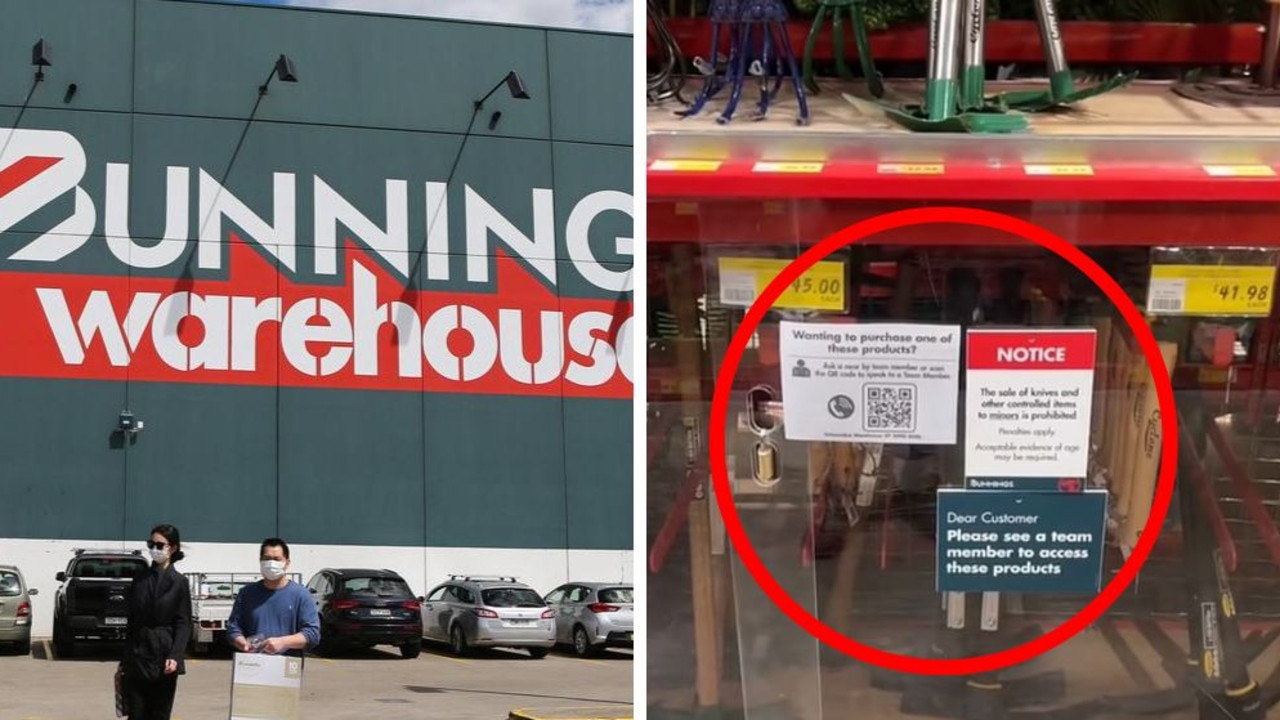Gardeners in Western Australia warned about possible spike in legionnaires’ disease
One state’s green thumbs are being warned to be vigilant amid a possible spike in cases of a deadly bacterial infection.

Outdoors
Don't miss out on the headlines from Outdoors. Followed categories will be added to My News.
Spring has sprung and gardeners in Western Australia are being warned to take care to avoid a potentially deadly bacterial infection.
Legionnaires’ disease is a severe form of pneumonia contracted by breathing in dust from soil products contaminated with legionella bacteria.
With many green thumbs starting their springtime planting, the WA Department of Health warned that cases of the potentially fatal infection could rise.
WA Health reported 187 notifications of the disease linked to garden soils or potting mix since the start of 2020; of those, 112 cases required hospitalisation.
Acting executive director environmental health Peter Gray said gardeners could take simple precautions to reduce the risk of exposure when handling bagged or bulk soils.

“This includes wearing gloves and a well-fitting disposable face mask, opening bagged potting mix carefully using scissors and keeping potting mix damp while in use,” he said.
“People should also wash their hands after handling potting mix and before removing their mask, and always store your potting mix in a cool, dry place, out of the sun.”
According to WA Health, legionella longbeachae bacteria are commonly found in gardening products, including bagged potting mix, mulch and compost.
Another strain – legionella pneumophila – contaminates water in airconditioning cooling towers, whirlpool spas, fountains, misting systems and shower heads.
Those who contract legionnaires’ disease usually experience an illness like a severe flu infection that can develop up to 10 days after exposure to the bacteria.

Symptoms include a fever, chills, aching muscles and joints, a dry cough, headache (often severe), tiredness, loss of appetite and shortness of breath.
The risk of illness and the severity of infection is increased for older people, smokers or those with weakened immune systems, and up to 10 per cent of cases can be fatal.
Anyone experiencing symptoms is urged to see a doctor or visit their local emergency department.
Victoria’s Department of Health last month announced it had “resolved” an outbreak there of 114 confirmed cases of legionnaires’ disease.
Most of the cases were “adults aged over 40 years who required hospitalisation, including to intensive care. All cases visited or resided in Melbourne.
Originally published as Gardeners in Western Australia warned about possible spike in legionnaires’ disease


